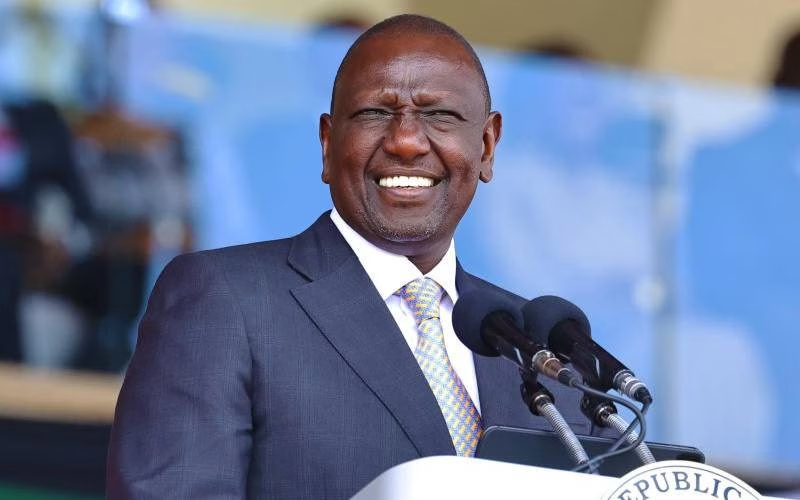Kenya’s Supreme Court has temporarily suspended a lower court’s ruling that declared the 2023 finance law unconstitutional.
The decision aims to maintain budgetary stability while the government appeals the lower court’s judgment.
The finance law, a crucial tool for the government to raise revenue through tax increases, has been a source of contention.
Last year’s law faced significant opposition from citizens and opposition parties, leading to violent protests.
President William Ruto’s government has been caught between the conflicting demands of providing relief to struggling citizens and addressing the country’s substantial public debt.
The government argues that tax increases are necessary to fund development programs and repay loans.
The Court of Appeal’s ruling in December 2023 declaring the 2023 finance law unconstitutional was a setback for the government.
However, the Supreme Court’s decision to suspend the ruling provides temporary relief.
The Supreme Court will hear arguments on the constitutionality of the 2023 law on September 10 and 11.
The government, which has been relying on this law for tax collection, has not yet issued a statement in response to the Supreme Court’s decision.
The 2023 finance law introduced several controversial measures, including doubling the value-added tax on fuel, implementing a housing tax, and raising the top personal income tax rate.
These measures sparked protests and legal challenges.
The Supreme Court’s decision to suspend the lower court’s ruling on the 2023 finance law provides temporary stability for Kenya’s budget.
The government will now await the Supreme Court’s final determination on the law’s constitutionality.
The outcome of this case will have significant implications for the country’s economic policies and the relationship between the government and its citizens.


